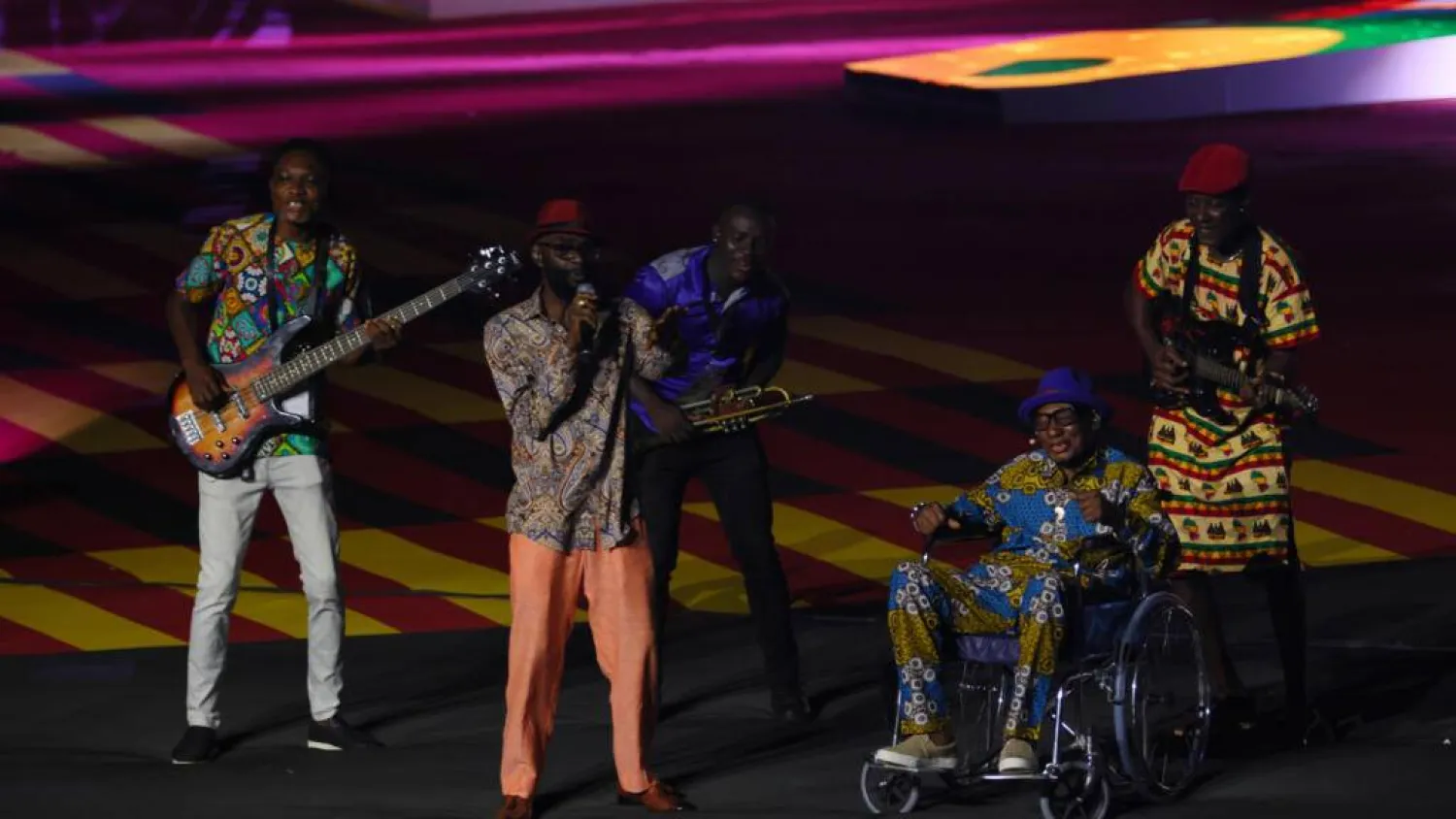“A warm voice, an endearing face, and an unhappy ending,” this is how we simply describe the journey of late Saudi artist Etab, one of the greatest female singers in the Arab world. Etab died 15 years ago, on August 19, concluding a journey full of success, distinction, and challenges.
Those who followed her journey believe that the secret of her experience was in the “timing”. Etab was born and raised in the 1950s, a period marked by social traditions that hindered young girls and prevented them from expressing themselves, and the emotions of their generation, such as happiness, struggle, and yearning for love, and marriage.
But those challenges were confronted by a young Saudi talent, Tarouf Abdulkhair Adam Muhammad al-Talal Hawsawi, later known as Etab. She started singing when she was 13, at social and familial gatherings in Riyadh.
She performed her first song “Ya Bent”, composed by Fawzi al-Simoni, in 1966. Then, she moved to Jeddah, where she was sponsored, supported, and cheered by late artist Talal Maddah.
Then, Etab moved to Kuwait, where she was seen as a new female voice that took the music scene by storm. She made a successful singing duo with Haidar Fekri. They performed several live concerts together, which brought her into the spotlight.
Despite her major achievements, Etab still needed that one magic touch that would shoot her to fame. It came in 1972 when Egyptian legend Abdel Halim Hafez introduced her at one of his concerts where she performed with a female band and sang Saudi folkloric songs.
Etab would soon settle in Cairo, then the Arab world’s musical hub. She would live there for 20 years, starting from the 1980s, during which her career would peak.
She would dominate the female singing scene with songs such as “Jani al-Asmar” and “Mita Ashoufaq”.
The final chapter of her life would be the worst in her journey. It was marked by a dispute with her second husband that led them both to court. Little is known about the dispute, but she accused him of stealing $5 million from her, media reported at the time. The case ended with their divorce.
By the time she found out she had cancer, it was terminal, and she died quietly in 2007.
Art critic Mohammed Refaat describes Etab as a “pioneer”.
“She opened the door for women in the Gulf to step into the singing world. Since that time, men’s domination of this field ended, and we have seen many great women singers including UAE’s Ahlam, and Kuwait’s Nawal,” he remarked.
“Etab’s talents went beyond singing. She was a brilliant composer as well. She composed for herself and other artists. She was also a great live performer,” Refaat told Asharq Al-Awsat.
Moreover, he credited Etab with discovering many singing talents through the “Jalsat Tarab” program, which she co-presented.
“She always insisted on singing in the Saudi dialect, although it could have been easier for her to copy what her peers did and sing in the Egyptian dialect to make her more accessible to audiences and gain more fame and success,” he added.









